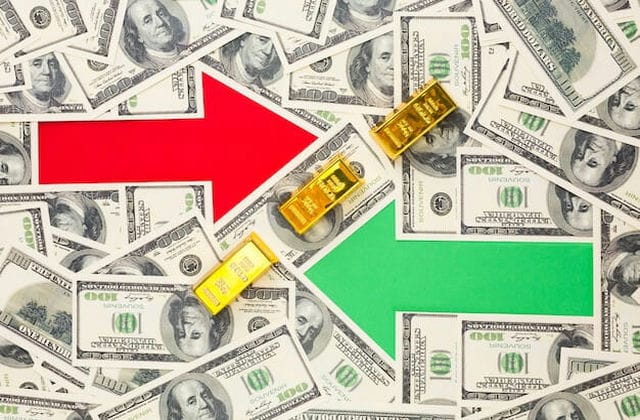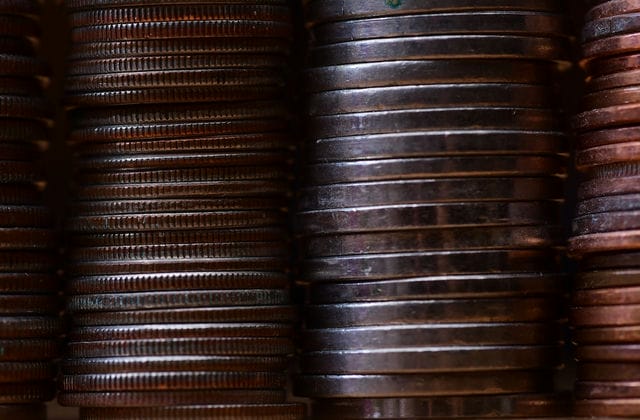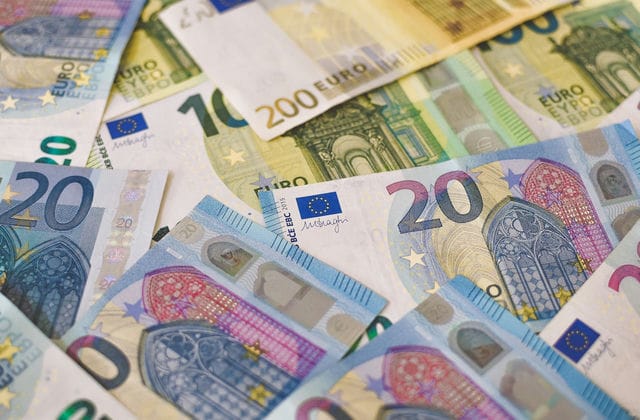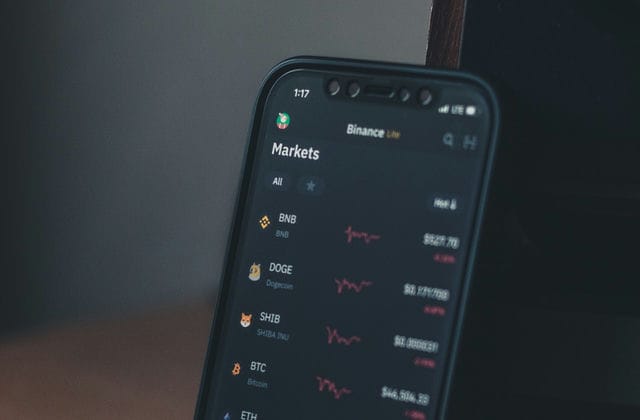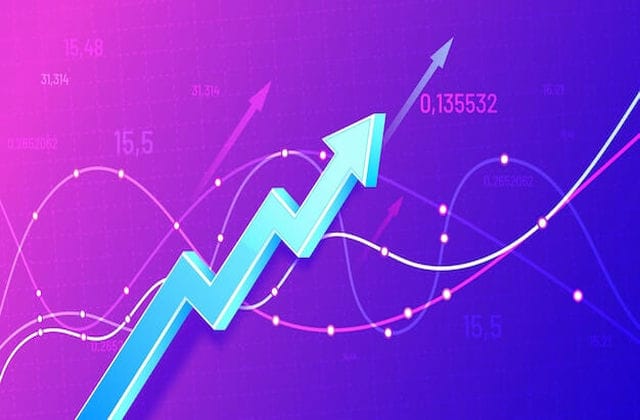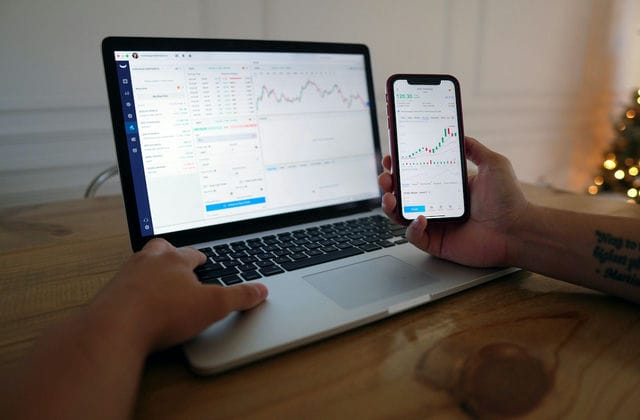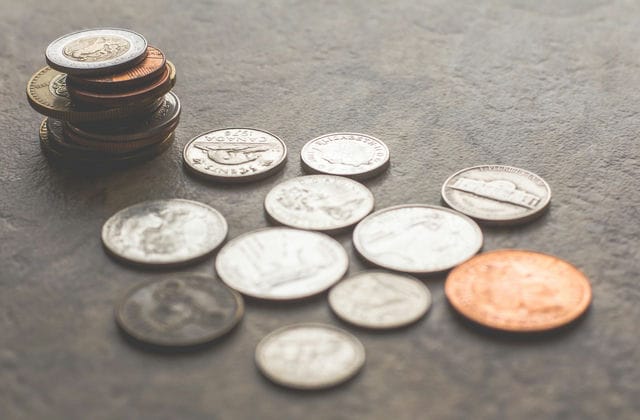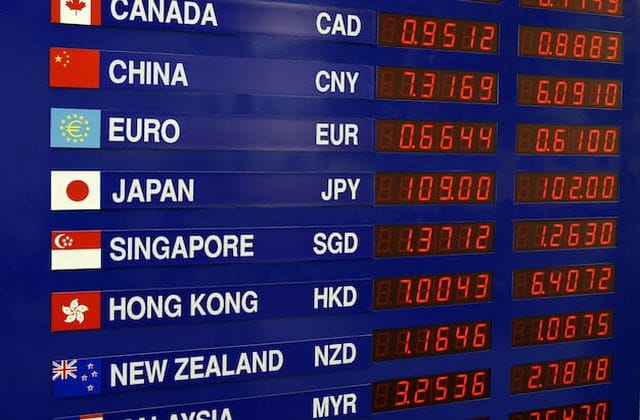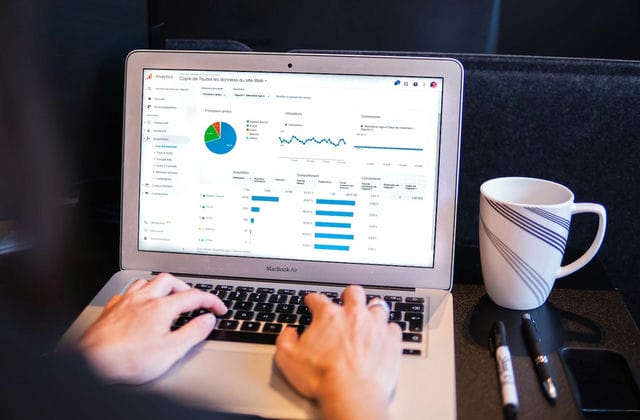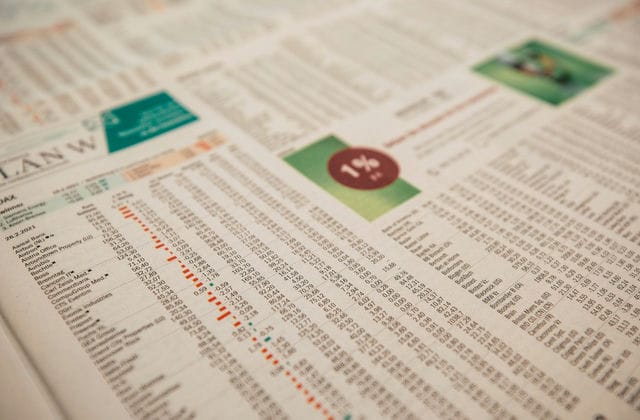A futures is a standardised tradable contract on a commodity or financial instrument. The underlying may be a commodity such as agricultural products, crude oil, gold or a financial instrument. Futures are essentially forward contracts for the purchase and sale of commodities, and futures must be delivered at maturity or the exchange will force the closing of the position or physical delivery.

The essence of futures is to enter into a forward contract with another person to buy and sell a commodity for the purpose of preserving value or making money. Futures trading is a T+0 trading system, where investors can buy and sell on the same day. And futures can be traded in both directions, so investors can buy up as well as buy down.
Futures are a way to invest in a small amount to make a large amount, and investors only need to pay about 10% margin to complete the entire transaction. For example, if an investor has $10,000, then a futures contract of $100,000 can be traded. As you can see the investment risk in futures is also very high, so investors need to invest carefully.
Futures trading must take place within a futures exchange and all futures transactions are settled through the futures exchange, so investors do not have to worry about performance.
In summary, futures are not actual goods, but standardised tradable contracts based on a popular product. As futures are margin-based, they are characterised by high risk and investors need to invest their money according to their own risk tolerance, otherwise they are bound to lose money and may suffer consequences that they cannot afford.
There are three types of financial futures: interest rate futures, foreign exchange futures and stock index futures.
Interest rate futures
A futures contract with interest rates as the underlying. Interest rate futures mainly include long-term interest rate futures with long-term government bonds as the underlying and short-term interest rate futures with two-month short-term deposit rates as the underlying.

Foreign exchange futures
A futures contract with an exchange rate as the underlying. Foreign exchange futures are adapted to the needs of foreign trade and financial operations of various countries, the purpose is to hedge the exchange rate risk. At present the international foreign exchange futures contract exchange involves the currency of the British pound, the US dollar, the German mark, the Japanese yen, the Swiss franc, the Canadian dollar, the French franc, the Australian dollar and the European currency unit.
Stock Index Futures
A futures contract that refers to a stock index as the underlying. Stock index futures do not involve the delivery of the stock itself; its price is calculated according to the stock index and the contract is delivered in the form of cash clearing.


